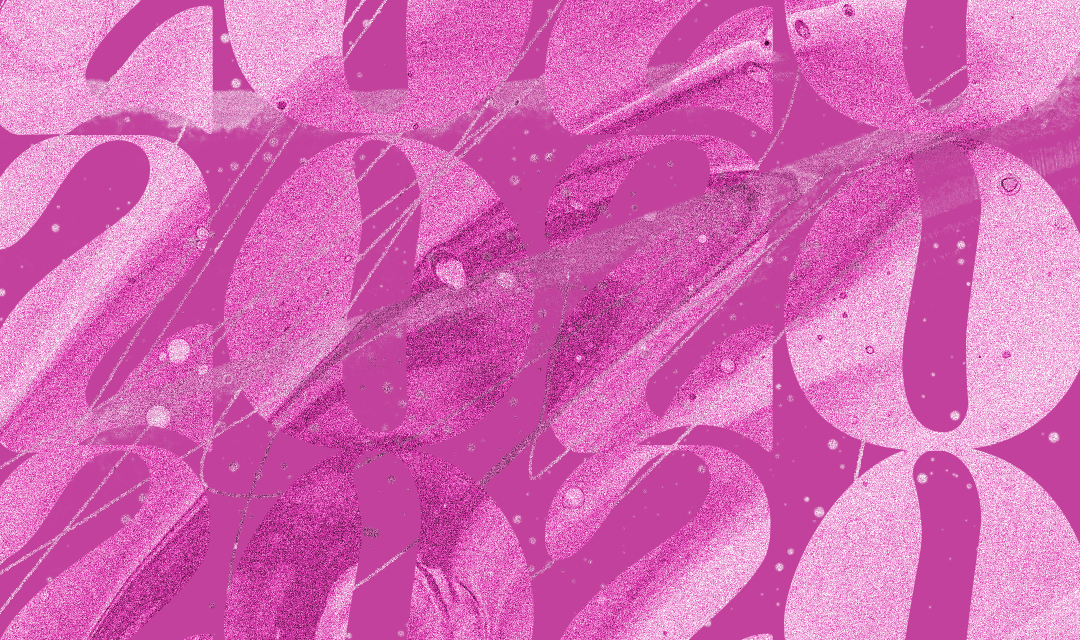
Everyone has shared their 2019 Spotify Wrapped, we rang in the new year, and now we’re at the start of a whole new decade. Artists are scratching their heads wondering how the music industry, music production, and songwriting will change in the next year.
As trends ebb and flow, catching the next wave in 2020 may just mean adapting to the modern ways that people listen to music.
The biggest music trends to watch in 2020
2019 foreshadowed major shifts in music consumption habits and music production that will only intensify in the years to come.
1. Songs keep getting shorter.
In 2019, the average track length of the Top 40 was three minutes and seven seconds. That’s a whole 30 seconds less than the year before. This is largely a byproduct of streaming and discovery through playlists. Consequently, traditional pop song structures have been thrown out the window to reduce the chances of being skipped in a deck of 52 other artists.
Should you shorten your songs for playlists?
From a business standpoint, shortening your tracks might be the smartest compromise you can make. Unless you’re TOOL, who had the third most-searched album of 2019, fans are not sticking around for a long joyride of a song.
Not all hope is lost though. Playlist-optimized songs can then lure listeners to your full project.
But if you feel like you’re sacrificing artistic integrity to shorten your tracks, it’s simple: don’t shorten your tracks.
2. Genres are becoming a thing of the past.
Nelly and Tim McGraw might’ve been one of the first hip-hop/country crossovers to top mainstream charts, but in 2019 we saw Lil Nas X break record after record. Grammy gatekeepers disagreed on “Old Town Road” being eligible for Billboard’s Hot Country chart, the genre originally listed in its metadata. Still, this was not enough to keep the song from being an everlasting number one.
Then how should music be categorized?
“Old Town Road” checks many boxes for country music, while simultaneously providing a hip-hop groove over a Nine Inch Nails sample. There are plenty of similar instances in charting country songs, however, so why are these artists not scrutinized as heavily? The answer is culture.
“She doesn’t even go here!,” as Damian from Mean Girls would put it.
In order to gain approval from country music tastemakers, “Old Town Road” would require several remixes with a few unusual features, from Billy Ray Cyrus to Diplo. The hybrid hit was ushered to paramount success securing multiple Grammy nominations and winning big at the CMA Awards.
Artists are taking more risks.
Lil Nas X has yet to make another country-leaning track. He does touch on many other styles, however, which is admirable. Acts like Tyler, the Creator have recently also dropped seemingly left field records.
People often care more about culture than genre, especially in hip-hop, and this is a big indicator about where the music industry is headed. Homage is due to the Bowie’s and PJ Harvey’s, but expect more stylistic boundaries to be broken down.
3. The 80’s are back in full effect.
It’s been a long time coming, as we’ve slowly watched the uptrend of funk and industrial rooted grooves. The new year will fully embrace the 80’s both sonically and aesthetically. Thanks largely in part to pop culture, giant reverbs and classic analog synths are deserving of the spotlight once again.
Should you ride this wave?
It’s worth considering: should you change your sound to fit what’s currently hot, or stick to your guns? The music industry rewards diversity now more than ever before. Take note from pop stars like The Weeknd, Billie Eilish, and Charlie Puth, who’ve grown an affinity for the style but have a signature sound otherwise.
To me, the essence of the 80’s is more about experimentation and NOT the sound itself.
4. Physical sales are down for the music industry.
If there’s one action item on this list, it’s this: upload your songs to Spotify and Apple Music PRONTO.
According to Nielsen’s 2019 Mid-Year Report, streaming now accounts for 78% of music consumption. Vinyl continues to see a resurgence in popularity, however, with a 9.6% increase from the previous year. Consider bundling CDs and vinyl with your merch, as merch bundles now counts towards your record sales.
Distributing your music online couldn’t be easier. You have nothing to lose and all to gain.
5. Technology is rapidly changing music promotion.
If you feel like the latest platforms, technology, and gadgets are hard to keep up with, that’s because they are. The ways in which we discover and consume music is changing on a daily basis.
The growing industry of live streaming.
YouTube has been around for a long time and remains a king for video content. Though as the platform becomes increasingly saturated and commercialized, content creators thirst to connect with their fans on a personable level. That’s where live streaming sites like Twitch and Mixer come to play.
More commonly known for video game streaming, Twitch is home to musicians and artists of all sizes. Whether you’re just starting out or you’re EDM heavyweight Deadmau5, you can connect with fans that are engaged and supportive of the work you’re putting out in real-time. Viewers often become super fans that stick by you for years to come.
Now is the best time to be a musician
Guessing at trends can leave you feeling either stressed or optimistic. Let’s be hopeful. Looking too much at the mainstream and trying to get ahead of the curve can discourage many artists, but remember that the stars you’re watching were once in your shoes too. Don’t worry too much over where the music industry is headed.
Passion, persistence, and a helping hand from CD Baby could make 2020 your breakout year as a musician.